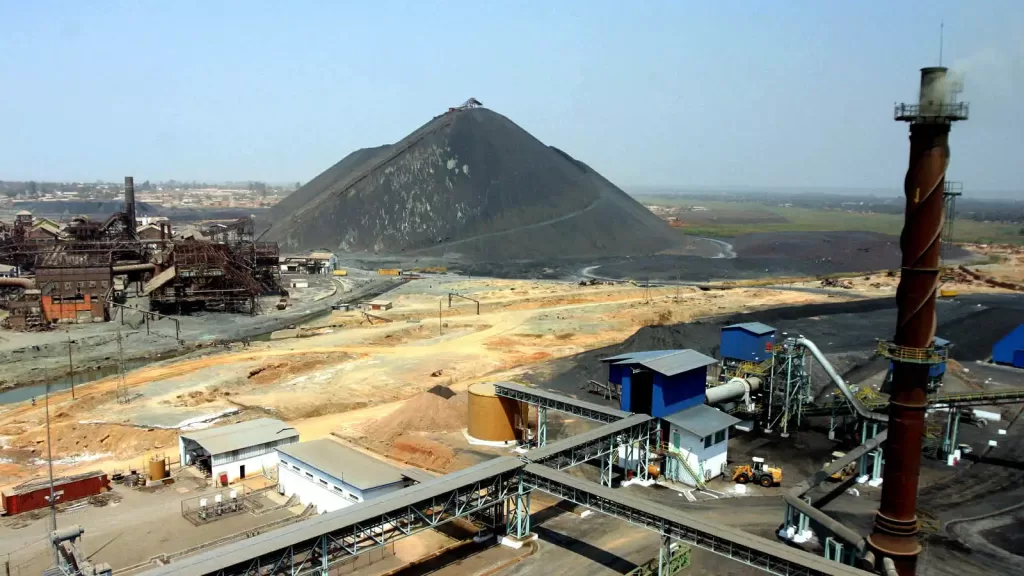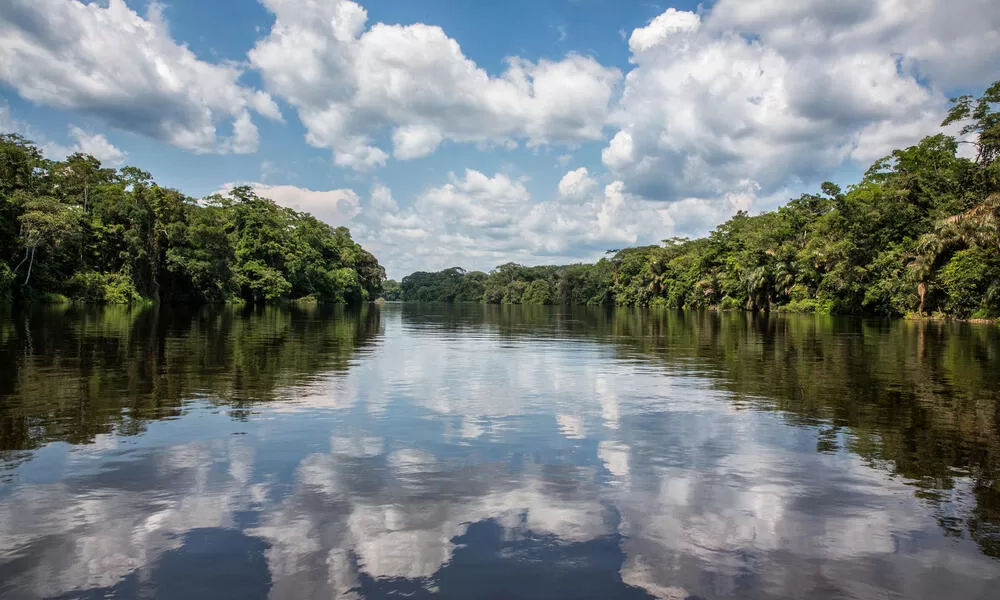Congo Country Report

Congo, officially known as the Republic of the Congo, is a presidential republic with a multi-party system. The President of Congo is both the head of state and the head of government. The president is elected through popular vote for a five-year term. The political landscape in Congo is dynamic and has seen various changes over the years. The country has faced challenges such as political instability, economic struggles, and social issues. Efforts have been made to promote democratic governance, human rights, and economic development. Congo has a National Assembly, which is the legislative body responsible for making laws. It consists of representatives elected by the people. The country also has a Senate, which plays a role in the legislative process.
Last updated: September 28, 2022
Security
Congo has faced challenges related to security, including armed conflicts, civil unrest, and crime. These issues can vary across different regions of the country. It’s important to stay informed about the current security situation and follow any travel advisories or warnings issued by your government or international organizations. In some areas, armed groups may still be active, and there have been instances of violence and instability. It’s advisable to avoid traveling to areas with known security risks and to stay updated on local news and developments. Additionally, it’s always a good idea to take general safety precautions, such as being aware of your surroundings, keeping valuable belongings secure, and following the guidance of local authorities.
Last updated: September 28, 2022
Infrastructure

The infrastructure in Congo has seen improvements over the years, but there are still challenges to overcome. The country has been working on developing its transportation networks, including roads, railways, and airports, to enhance connectivity within and beyond its borders. However, it’s important to note that the infrastructure in some areas of Congo may still be limited, especially in more remote regions. This can impact access to basic services such as electricity, clean water, and healthcare facilities. Efforts are being made to invest in infrastructure development to support economic growth and improve the overall quality of life for the people of Congo. This includes initiatives to expand access to reliable energy, upgrade transportation systems, and enhance telecommunications networks.
Last updated: April 3, 2023
Environment

The environment in Congo is incredibly diverse and rich in natural resources. The country is home to vast rainforests, which play a crucial role in global biodiversity and act as a carbon sink, helping to mitigate climate change. Congo’s rainforests are home to a wide array of plant and animal species, including endangered ones like gorillas and bonobos. However, deforestation, illegal logging, and poaching pose significant challenges to the conservation of these valuable ecosystems. Congo also has a network of national parks and protected areas, such as Virunga National Park and Salonga National Park, which aim to preserve the country’s unique flora and fauna. These areas provide opportunities for eco-tourism and contribute to the local economy. Efforts are being made to promote sustainable practices and protect the environment in Congo, including reforestation initiatives, wildlife conservation programs, and raising awareness about the importance of preserving natural resources.
Last updated: July 7, 2023
Health and Medical
Healthcare in Congo faces various challenges, but efforts are being made to improve access and quality. The country has a healthcare system that includes both public and private facilities. However, healthcare infrastructure, resources, and services can be limited, particularly in rural areas. Congo has experienced outbreaks of diseases such as malaria, cholera, Ebola, and measles. These outbreaks can put a strain on the healthcare system and require swift response and coordination from local and international health organizations.
To address these challenges, initiatives are underway to strengthen healthcare infrastructure, enhance disease surveillance, and improve access to essential healthcare services, especially in remote and underserved areas. It’s important for individuals to take preventive measures, such as practicing good hygiene, getting vaccinated, and seeking medical care when needed. Staying informed about current health advisories and following the guidance of local health authorities is also crucial.
Last updated: February 23, 2022
Political
Politics plays a significant role in shaping the governance and policies of any country, including Congo. The political landscape in Congo has seen various developments over the years. The country has a multi-party system, and elections are held to determine political leadership. Like any country, politics in Congo can be complex and have its own unique challenges. It’s important for citizens to actively engage in the political process, voice their opinions, and participate in elections to shape the future of their nation.
Despite the continued control of President Sassou-Ngoso and the Workers’ Party of the Congo (PCT), political stability in the Republic of Congo may be undermined by succession issues and poor economic conditions. Sasso-Ngoso’s re-election in 2021 was uneventful. Corruption is a major problem in the country that affects not only the country’s business environment but also most government bureaucracies and security forces. The rule of law has limitations and a culture of nepotism and patronage often dictates positions and appointments.
Last updated: September 28, 2022















